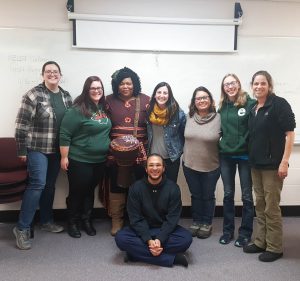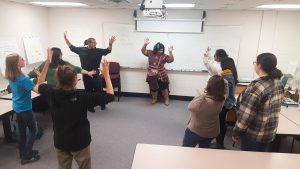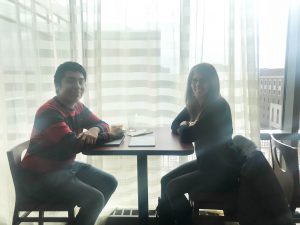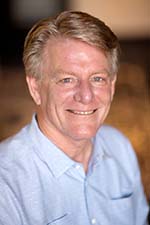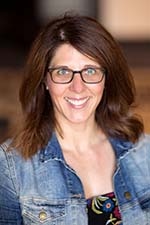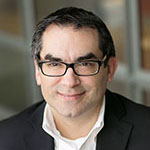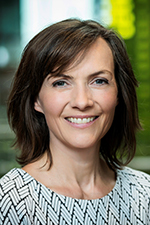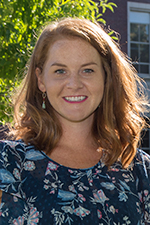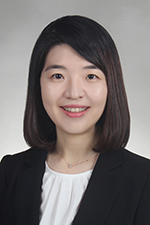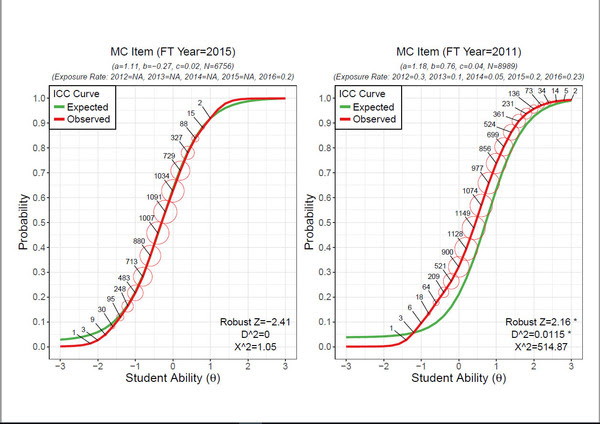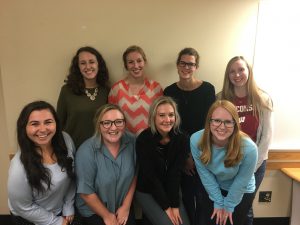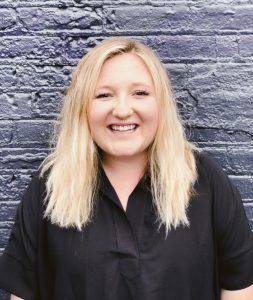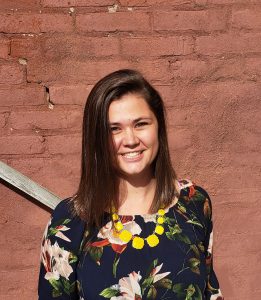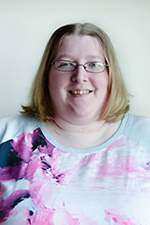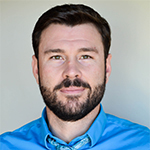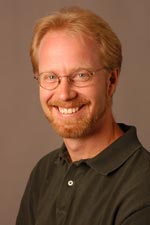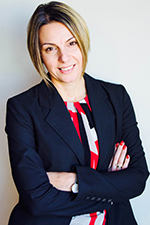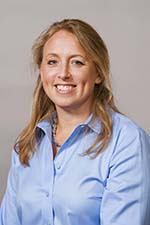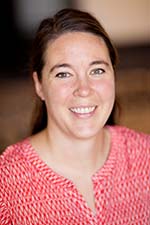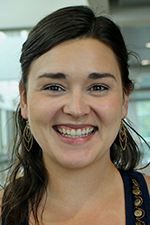 Becky Mendoza, student in the counseling and student personnel psychology (CSPP) program, knew growing up that she wanted to be a music teacher. Starting in second grade, she was in the church choir which was followed by piano, violin, and oboe lessons. “If there was a musical opportunity at my school, I was in it!” Mendoza was involved in marching band in high school, a passion she continued, ultimately becoming the Drum Major for her college marching band at the University of Wyoming.
Becky Mendoza, student in the counseling and student personnel psychology (CSPP) program, knew growing up that she wanted to be a music teacher. Starting in second grade, she was in the church choir which was followed by piano, violin, and oboe lessons. “If there was a musical opportunity at my school, I was in it!” Mendoza was involved in marching band in high school, a passion she continued, ultimately becoming the Drum Major for her college marching band at the University of Wyoming.
After graduating with her Bachelor of Music Education, Mendoza became the band and choir director at Niobrara County High School, a small town school in Wyoming where she taught grades 4-12. In this new position, Mendoza realized she loved when kids would come into her room and talk about whatever was on their minds. “The fact that I felt I was better serving my students in this capacity than as a band director told me I should be looking at school counseling,” Mendoza says.
Mendoza and her spouse were looking for graduate programs at the same time, and the only school that had programs they both were genuinely interested in was here at the University of Minnesota. So, they both applied and a few months later they both received their acceptance letters.
Some words to live by that Mendoza says have helped her through her program have been, “embrace the suck” and “be nice.” “It’s not hard to be kind,” she continues, “choose to be the one who starts it.”
Mendoza emphasizes the importance of recharging, and spending time doing things that fills you up so you can continue to perform at your best in graduate school. “For me, that includes regular workouts, healthy/mindful eating, time with my spouse, and quiet time for prayer,” she says.
When asked what she would want prospective students to know about the CSPP program, she says, “The CSPP Program is fantastic. Our faculty are not only incredibly knowledgeable, but they do a wonderful job of building relationships with their students,” she continues, “that combined with a cohort of individuals who become not only your colleagues, but your friends? You truly can’t find that anywhere else.”
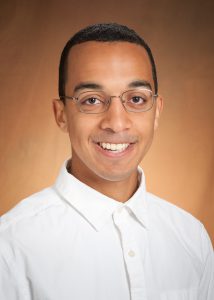 Amaniel Mrutu, a first-year PhD student in the quantitative methods in education program and part of the Department of Educational Psychology’s Creating Inclusive Cohorts (CIC) Training Program, was recently accepted into the CREATE Scholar’s Program.
Amaniel Mrutu, a first-year PhD student in the quantitative methods in education program and part of the Department of Educational Psychology’s Creating Inclusive Cohorts (CIC) Training Program, was recently accepted into the CREATE Scholar’s Program.
